by Lisa Cooke | Jun 11, 2015 | 01 What's New, African-American, Ancestry, Beginner, Census, FamilySearch, History, images, Records & databases, Research Skills, United States

Sample census detail image from Ancestry.com.
Imagine taking a standard U.S. census form, translating it into Spanish, administering it to a newly-American population whose racial identity is highly politicized, translating the results back into English and trying to make sense of them 100 years later.
That’s what happens when you’re looking at 1910 census in Puerto Rico.
I stumbled on this story when my dad, a FamilySearch indexer, called my attention to a current project to index previously-missed parts of the 1910 census. A lot of the missing data was for Puerto Rico. The forms are in Spanish. My dad asked my help translating some of what he was reading, since I speak some Spanish. He was concerned that the computer was interpreting some of the abbreviations in English when they were likely Spanish abbreviations. I looked into it and what I found reminded me of these lessons:

From “The US Census and the Contested Rules of Racial Classification in Early Twentieth-Century Puerto Rico,” by Mara Loveman, in Caribbean Studies, 35:2 (July-Dec 2007), 3-36. Click image to go to the paper.
Always read the record itself and seek to understand it. Don’t just rely on the index! The published images of this census on Ancestry interpret “B” in the race column as “Black,” but a little research (thank you, Google Scholar!) reveals that the census takers entered the race in Spanish–so “B” was for “blanco” (read about it in this academic paper).
When you see someone’s race change over the course of a lifetime, consider the historical context. Puerto Rican census data from the early 1900s “show a population becoming significantly whiter from one census to the next” because of “changes in how race was classified on census returns,” says the same paper. Not only were there changes in the official instructions, but the enumerators increasingly didn’t follow them. In fact, on several thousand census entries in 1910 and even more in 1920, “individuals’ racial classifications were manually crossed out, and a different ‘race’ was written in. These post-enumeration edits, it turns out, were done by a select group of Puerto Ricans hired to supervise and ‘correct’ the work of fellow Puerto Rican enumerators.”
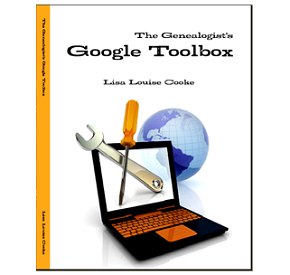 This little historical trivia is not so trivial if you’re wondering why your ancestor may be identified by a different race than you expected. Learn more about finding academic papers like the one quoted here in The Genealogist’s Google Toolbox by Lisa Louise Cooke. Her book shows you how to search Google Scholar for gems like this that make your family history more clear!
This little historical trivia is not so trivial if you’re wondering why your ancestor may be identified by a different race than you expected. Learn more about finding academic papers like the one quoted here in The Genealogist’s Google Toolbox by Lisa Louise Cooke. Her book shows you how to search Google Scholar for gems like this that make your family history more clear!
by Lisa Cooke | Sep 7, 2017 | 01 What's New, Conferences
The Georgia Genealogical Society is hosting an all-day seminar on September 16, 2017 in Marietta, Georgia. I’m the invited speaker–and you’re invited, too! Come learn cutting-edge skills and tools you can start using in your family history research immediately. Register online until September 12, 2017. You can book me for your genealogy event here.
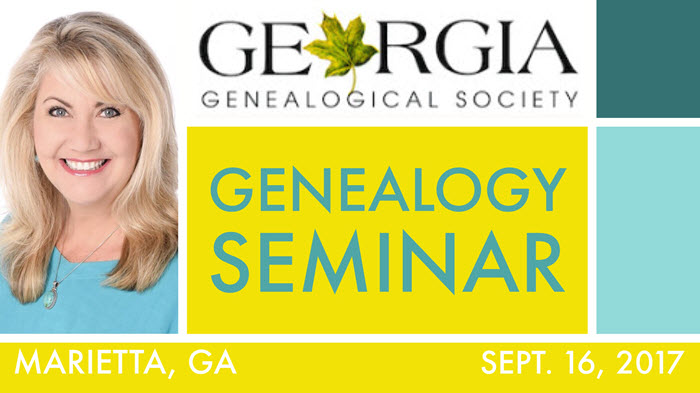
If you can make it to Marietta, Georgia on Saturday, September 16, I hope you’ll join me for an all-day seminar sponsored by the Georgia Genealogical Society. The event organizers have chosen a well-rounded set of classes I’m excited to teach! You’ll get cutting-edge tips on online search strategies, an in-depth newspaper research class, a unique and fun approach to working a “genealogical cold case,” and inspiring, attention-getting ideas to share your family history discoveries with your relatives.
Georgia Genealogical Society Seminar Details
Here’s what you’ll want to know now about this event:
What: All-Day Seminar with Lisa Louise Cooke
Where: First Presbyterian Church, 189 Church St., Marietta, GA
When: Saturday, September 16, 2017, 9:45 am – 4:15 pm (doors open at 9:15 am for registration)
Hosted by: Georgia Genealogical Society; co-sponsored by Cobb County Genealogical Society
Registration: Register online via PayPal by midnight on Tuesday, September 12, 2017, to get the regular event price and the class handouts.
And boy oh boy are we going to dig into genealogy!:
10:15 am: Google Books: The Tool You Should Use Every Day! Over 25 million digitized and searchable free books are at your fingertips with Google Books. Learn how to make the most of this goldmine chock full of historical data. (This is a brand new class in 2017 and was a BIG hit at Rootstech,)
11:30: Get the Scoop on your Ancestors with Newspapers. Yearning to “read all about it?” Newspapers are a fantastic source of research leads, information and historical context for your family history. Learn the specialized approach that is required to achieve success in locating the news on your ancestors. Includes 3 Cool Tech Tools that will get you started.
(12:30-2:00 pm: Lunch is on your own)
2:00 pm: How to Reopen and Work a Genealogy Cold Case. Become a genealogical detective in this vital session. You’ll learn to track ancestors like a criminal cold case detective, sniffing out holes in your research and getting missing information on the record with cutting edge technology.
3:15 pm: Inspiring Ways to Capture the Interest of Non-Genealogists. If you are researching your family tree but haven’t shared it with your family in a way that sparks their interest, then you are only experiencing half of the joy of genealogy! And if your descendants don’t grasp the importance of their heritage, your hard work may tragically find it’s way to the city dump when you are gone. Don’t just collect your family history and store it away in binders and files! Learn how creative displays and crafts can capture the imagination of your non-historian friends and relatives, while honoring your ancestors. These projects are guaranteed to inspire your family to ask you to tell them more about the family tree!
Click here for more about the event and to register.
4 More Ways to Learn New Genealogy Skills
If you can’t be in Marietta (darn!) on September 16, check out these free options for learning with me and the rest of my team here at Genealogy Gems:
-
- Subscribe to my free weekly e-newsletter. You’ll get my free Google research e-book as a thank you gift. Simply enter your email address into this box, and I’ll deliver news, how-tos and stories from my blog, including my popular weekly update of new genealogy records online.
- Listen to the free Genealogy Gems podcast. My flagship audio show has been delivering in-depth stories, research strategies, tech tips and more for more than 10 years–with more than 2 million times worldwide. Why not listen for yourself?
- Subscribe to my YouTube channel. Watch, learn and be inspired with the many genealogy how-to videos I’ve shared on my YouTube channel.
Thanks for sharing this event invitation with your friends. I hope to meet you in Marietta, on social media or as a new listener or email subscriber!
by Lisa Cooke | May 22, 2015 | 01 What's New, Records & databases
Every Friday, we blog about new genealogy records online. Might these collections include your ancestors? This week: Civil War stereographs, Dublin workhouse registers, Illinois naturalizations, a Jersey digital archive and Oregon motor registrations and offenses. Don’t miss our Google tip at the end!
CIVIL WAR STEREOGRAPHS. “The Library of Congress has acquired 540 rare and historic Civil War stereographs from the Robin G. Stanford Collection,” says a press release. “The first 77 images are now online, including 12 stereographs of President Lincoln’s funeral procession through several cities and 65 images by Southern photographers showing South Carolina in 1860-61. The images can be viewed in this gallery within the Library’s Prints and Photographs Online Catalog. More images will be added each month, until all are online.”
DUBLIN WORKHOUSE REGISTERS. More than 1.5 million Dublin workhouse registers, 1840-1919 are now searchable for FindMyPast subscribers. Records include both images and transcripts, and may contain names, marital status, occupation, religion, age, birth year, admission year, name of workhouse and (on images) details about family, condition upon admitttance and date left workhouse or died.
ILLINOIS NATURALIZATIONS. Over a half million digitized images are searchable for free at US, Illinois, Northern District Petitions for Naturalization, 1906–1994 at FamilySearch.
JERSEY HERITAGE DIGITAL ARCHIVE. Over 300,000 items are now searchable at the subscription website Jersey Heritage Archives & Collections Online. Featured collections include registration cards of 30,000+ Channel Islanders who were there during the WWII German occupation. You’ll also find Jersey parish records dating to 1842 and (under Superintendent Registrar) parish registers from 1540-1842 and post-1842 civil marriage records.
OREGON MOTOR VEHICLE REGISTRATIONS AND CONVICTIONS for 1911-1946 are now searchable by Ancestry subscribers. Registrations include license number, name and address of the vehicle owner (including county in parentheses), make of car, motor number, model or year of manufacture and type of body. Records of convictions name the offender, date, offense, license number, court, county and the amount of any fines.

Tip of the week: Whenever you look at any record of an ancestor, ask what additional documents, images, video footage or historical material this record points you toward. For example, you might learn from an above record that Grandpa drove a 1935 Auburn Speedster or that a relative suffered from the German occupation on Jersey. Google searches on these niche topics can lead you to a Speedster photograph or historical materials (including footage) on the occupation, like this interview with a survivor of the German occupation. Learn how to search for gems like these in Lisa’s totally-revised, updated 2nd edition of The Genealogist’s Google Toolbox.
by Lisa Cooke | Feb 8, 2017 | 01 What's New, Genealogy Gems Podcast
The Genealogy Gems Podcast
Episode 200
with Lisa Louise Cooke
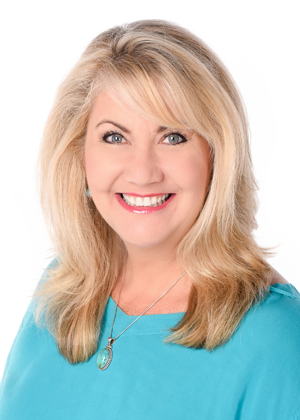
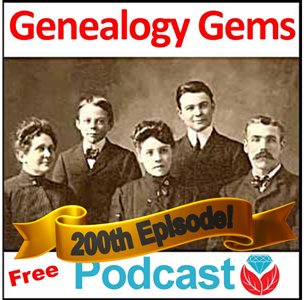
Listen Now
It’s finally here – the 200th episode of the free Genealogy Gems podcast, also celebrating its 10th year.
In this special episode, Lisa invites Professor Mark Auslander to share his discoveries about a mother and young daughter separated by slavery. Learn how he pieced together their story from a poignant family heirloom found at a flea market.
Throughout the episode, you will hear from several listeners, past podcast guests, Gems staffers and supporters in the genealogy industry with congratulations, memories, stories, and favorite Gems tips. Listen for the DNA success story of an adoptee who never gave up his search for his biological roots.
Thanks to all listeners and friends who sent congratulations! Among them are:
Allison Dolan, Publisher, Family Tree Magazine. She mentioned the Family Tree Magazine Podcast
Bruce Buzbee, RootsMagic family history software
DearMYRTLE, veteran online genealogy educator and author of the award-winning DearMYRTLE blog. She mentioned Lisa’s Family History: Genealogy Made Easy podcast; her all-day seminars at societies; and classes at her booth during conferences.
Geoff Rasmussen, Legacy Family Tree webinars, and author of Kindred Voices: Listening for Our Ancestors
Jim Shaughnessy, Findmypast.com
Mary Tedesco, host and genealogist on PBS’ Genealogy Roadshow, founder of Origins Italy, co-author of Tracing Your Italian Ancestors and a guest on Genealogy Gems Podcast episode #175, talking about Italian research and her work on Genealogy Roadshow
Steve Luxenberg, author of Annie’s Ghosts: A Journey into a Family Secret. Listen to Lisa’s conversation with him in The Genealogy Gems Podcast episodes 120 and 121. This book and interview planted the seed for the Genealogy Gems Book Club!
Yev Pusin, Social Marketing Marketer, Backblaze online computer backup service, also celebrating its 10th anniversary
NEWS: FAMICITY KICKSTARTER CAMPAIGN
Famicity Kickstarter campaign: see several options for contributing, including options that come with a Famicity Premium subscription as a reward. Pledges will only be collected if they reach their Kickstarter goal, and subscriptions become active in the summer with the official launch. Tip: the Kickstarter page gives contributions in British currency. Google currency converter to see a tool for converting those amounts to your currency.
ROOTSTECH 2017: IN PERSON AND STREAMING CLASSES
IN PERSON: If you’re attending RootsTech on February 8-11, 2017 in Salt Lake City, Utah, come by the Genealogy Gems booth for exclusive 30-minute classes on the hottest topics; prizes at every class AND a Saturday Grand Prize drawing; great Gems product specials and a new and wider selection of products we love. Click here to learn more.
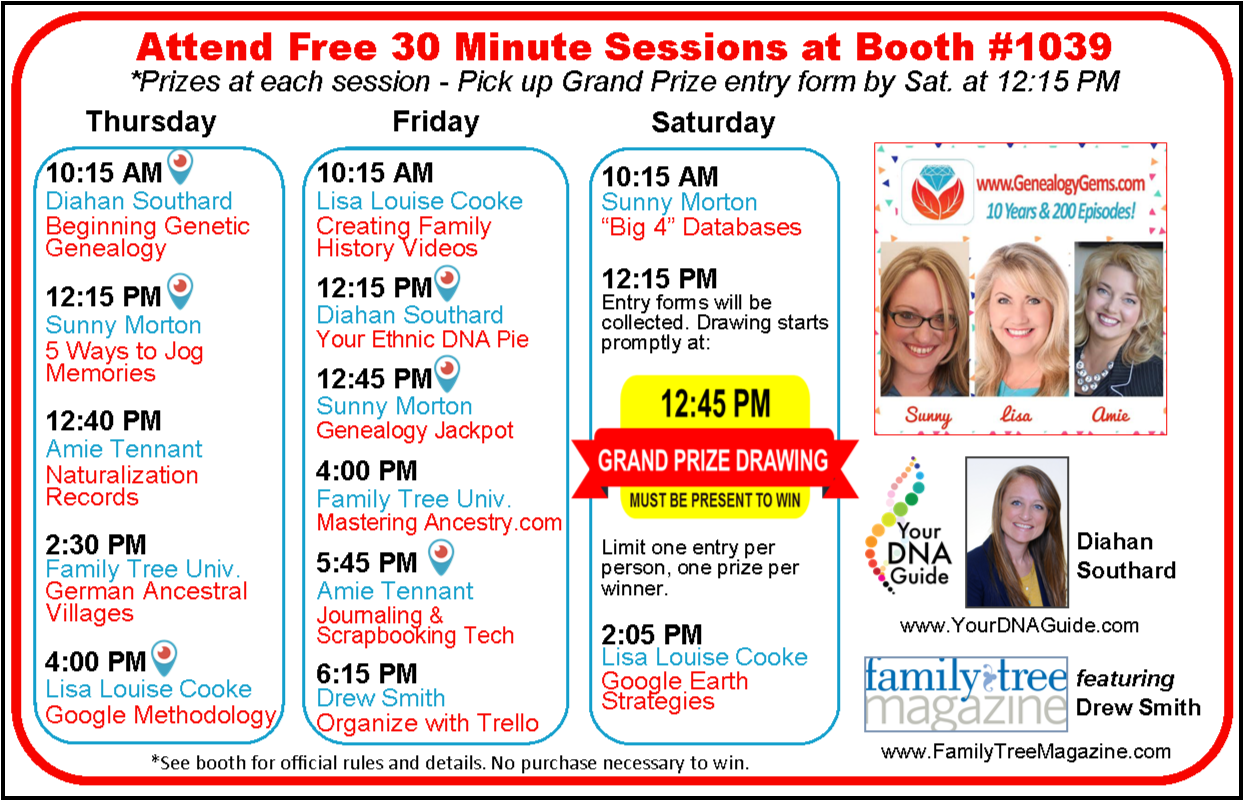
LIVE STREAMING: Lisa will be live-streaming marked sessions (above) via the free Periscope app. Get it in Apple’s App Store or Google Play. Sign up for a free account and follow Lisa Louise Cooke to tune in. Sign up for notifications in Periscope, and your phone will “ping” whenever Lisa starts streaming! Broadcasts stay in the Periscope app for 24 hours. Like and follow the Genealogy Gems Facebook page to hear about more streaming sessions.
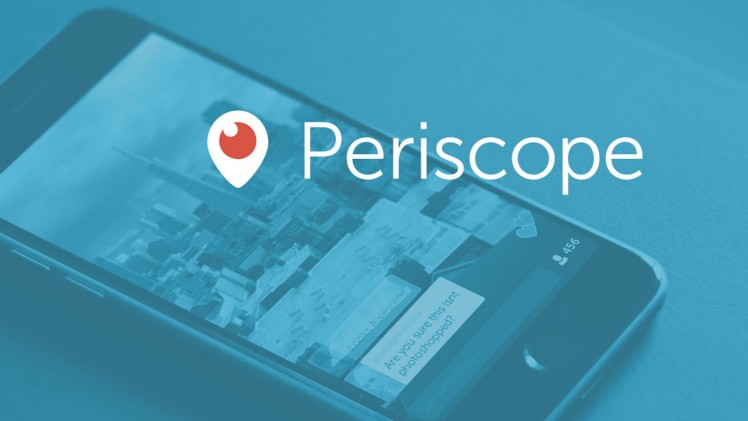
RootsTech offers a few free live-streaming sessions; click here to see the full schedule. Gems editor Sunny Morton will be streaming on Friday, Feb 10 at 3:00 pm Mountain Time with “The Big 4: Comparing Ancestry, FamilySearch, Findmypast, and MyHeritage.”
MAILBOX: LISA AND SUNNY

The following were mentioned in listener emails and voicemails:
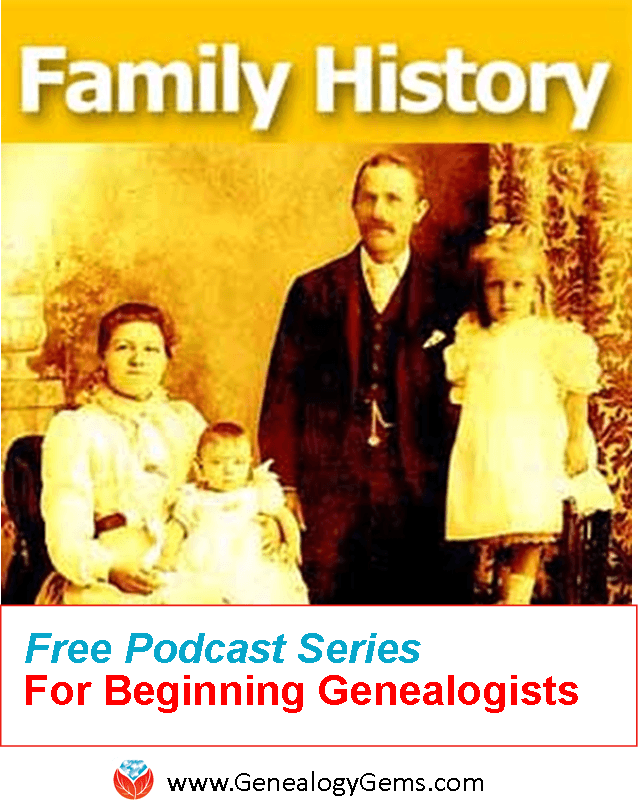
Family History: Genealogy Made Easy Podcast by Lisa Louise Cooke. This is a FREE step-by-step series for beginning genealogists?and more experienced ones who want to brush up or learn something new. One listener mentioned the series on naturalization records in episodes 29-31.
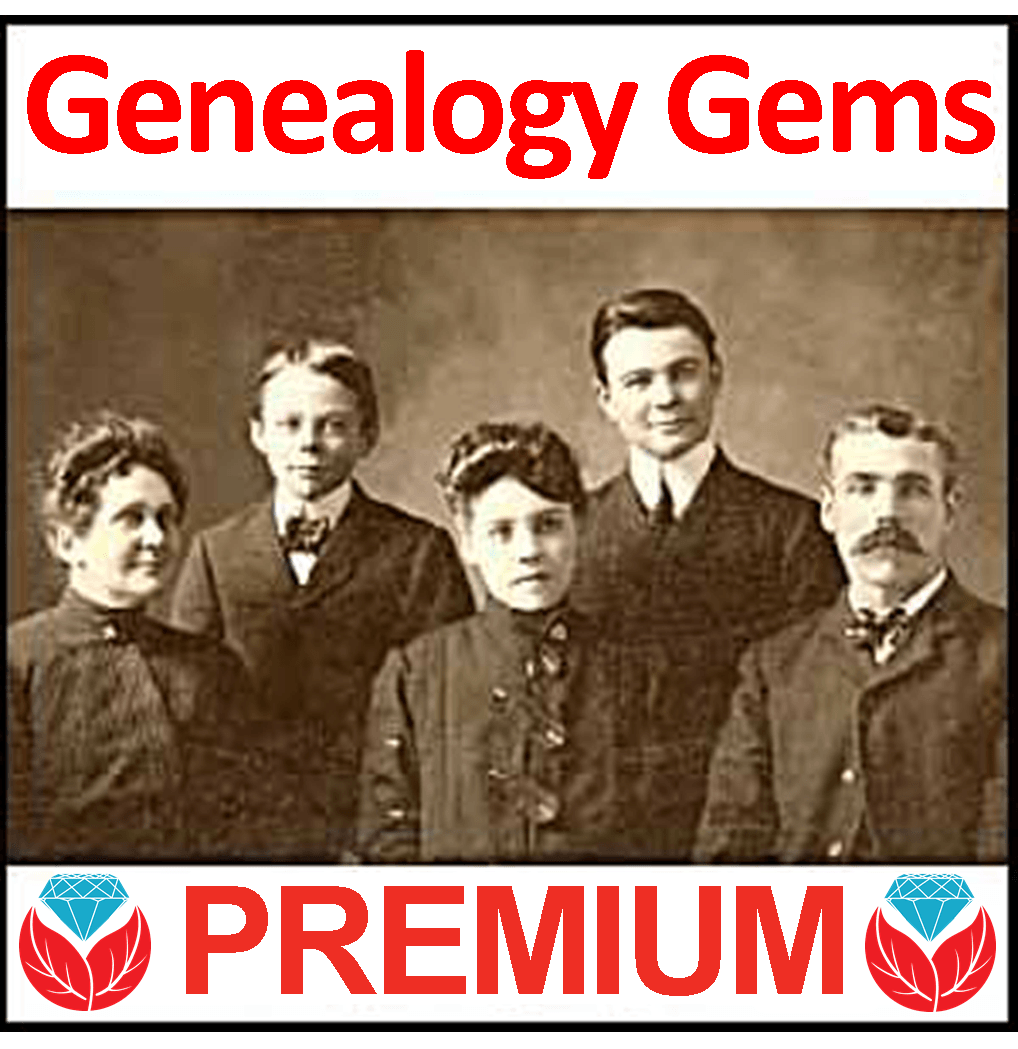
The Genealogy Gems Premium Podcast by Lisa Louise Cooke. Monthly episodes?and the full archive of past episodes?are available to Genealogy Gems Premium website subscribers. This podcast takes what you love about the free Genealogy Gems podcast and goes deeper, broader and more exclusively into topics of interest for U.S. and international audiences.
The Genealogy Gems app is FREE in Google Play and is only $2.99 for Windows, iPhone and iPad users.
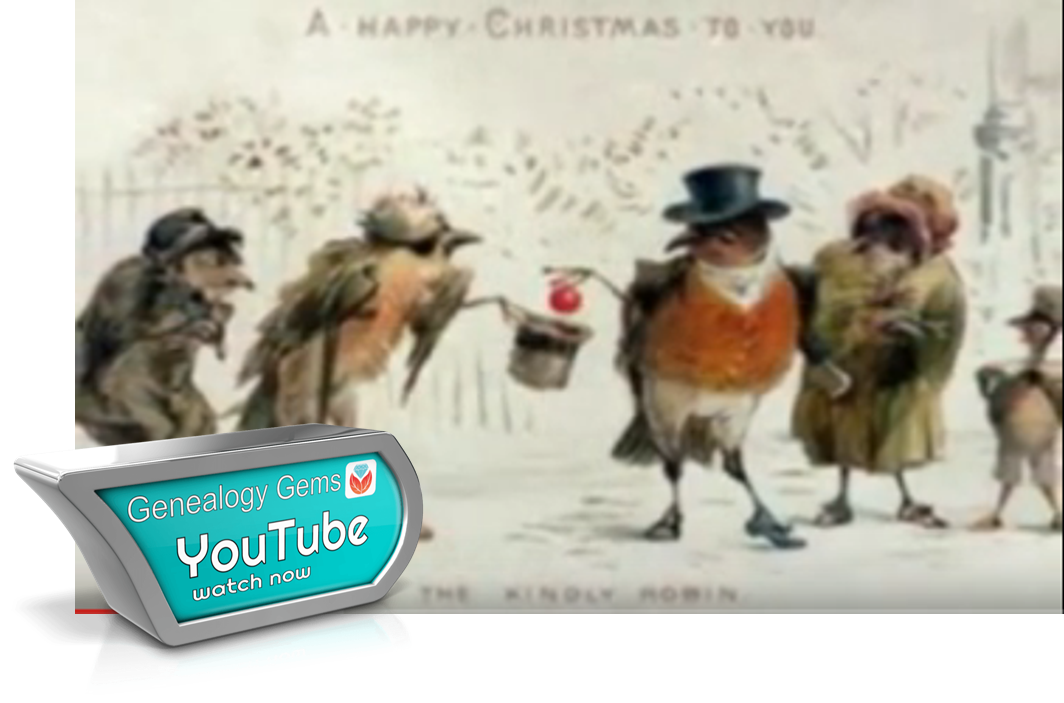
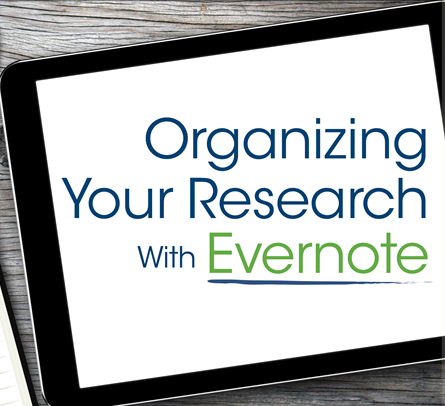
Using Evernote to organize your family history research: free tips and great resources to help you make the most of this free app (or its Premium version) to keep all your genealogy research notes and links organized and at your fingertips.
Netvibes computer dashboard tool and mobile apps for genealogy
Computer backup story from Kathy: “I was robbed! They took the computer AND the backup drive!”
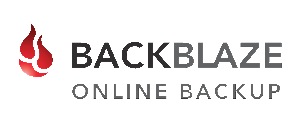
Keep your family history research, photos, tree software files, videos and all other computer files safely backed up with Backblaze, the official cloud-based computer backup system for Lisa Louise Cooke’s Genealogy Gems. Learn more at http://www.backblaze.com/Lisa.
DNA WITH YOUR DNA GUIDE DIAHAN SOUTHARD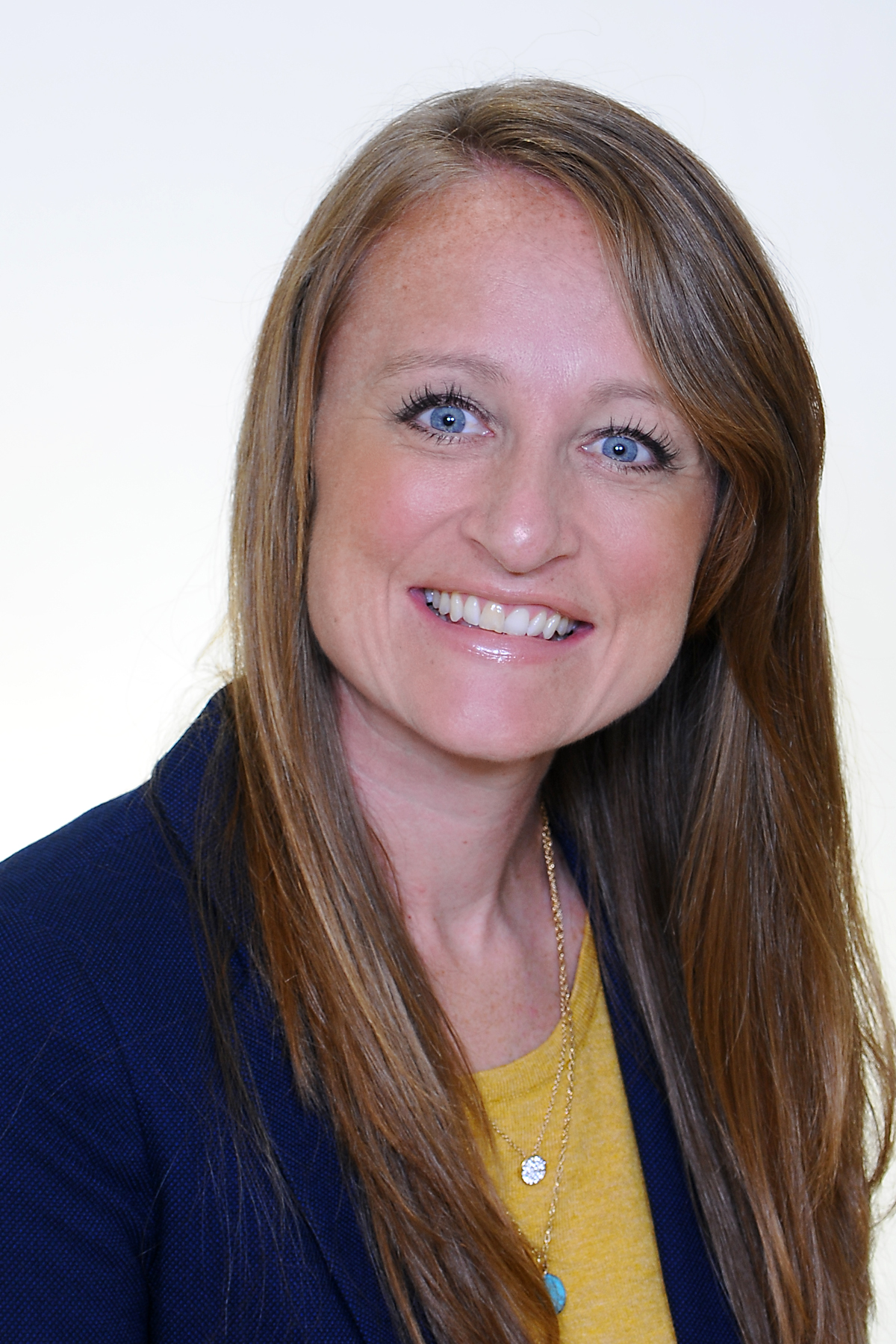
Diahan’s series of how-to videos, available to Gems fans for a special price.
Diahan’s series of DNA quick guides, available in print or as digital downloads

Lisa Louise Cooke uses and recommends RootsMagic family history software. From within RootsMagic, you can search WebHints on FamilySearch.org, Findmypast.com and MyHeritage.com. Soon RootsMagic will also be able to search records and even sync your tree with Ancestry.com, too.
MyHeritage.com is the place to make connections with relatives overseas, particularly with those who may still live in your buy medicine online worldwide ancestral homeland. Click here to see what MyHeritage can do for you: it’s free to get started.
INTERVIEW: MARK AUSLANDER

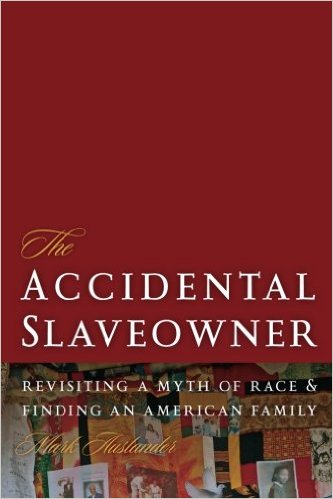
Mark Auslander is an Associate Professor and Museum Director at Central Washington University in Ellensburg, WA and the author of The Accidental Slaveowner: Revisiting a Myth of Race and Finding An American Family.
“Slave Mother’s Love in 56 Carefully-Stitched Words”
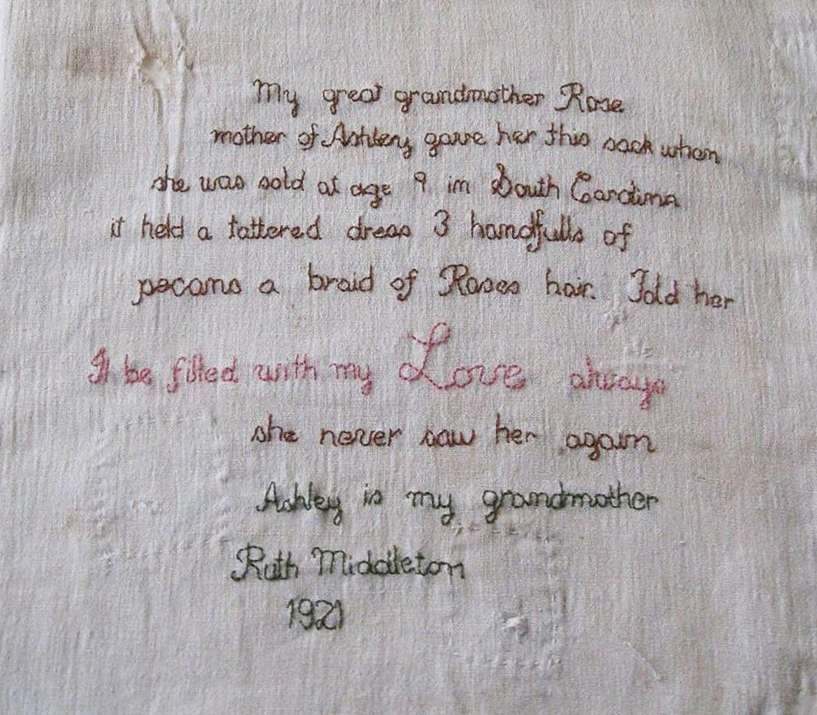
Mark’s path to the probable family of this artifact used these techniques:
Look closely at all clues from the artifact: the fabric, stitching, colors, facts conveyed in the text, etc. Look at both the historical clues and the artistic or symbolic aspects of it.
Create a profile for the people mentioned based on what is known. Probable age for Ruth Middleton in 1921, etc.
Use contextual and social history clues to hypothesize a scenario. The inclusion of “South Carolina” hints that the seamstress didn’t live in South Carolina, so he guessed that she was part of the Great Migration of millions of African-Americans in the early 1900s who headed from the rural South to the industrial Midwest and other urban cities.
Take advantage of unusual clues. Rose is a common name for an enslaved woman, but not Ashley.
Look through all available records. Possible census listings for Ruth Middleton in 1920 didn’t seem likely candidates. He dug through marriage records for Northern states until he found a woman named Ruth who married a man named Middleton who fit the profile he’d created.
Use specialized sources for African-American research, especially records created by and about the slaveholder that relate to the holding, sale or transfer of enslaved people.
Mark says that some researchers describe the search process as “guided by some force larger than yourself that keeps you going through those endless hours in microfilm rooms or online. But it does connect us all in very profound ways to those who came before and those who come after?.Through genealogical work, in a sense we can triumph over death itself and we can move back and forth in time in the most remarkable way.”

Coming up next month in The Genealogy Gems Podcast episode 201: An interview with Angela Walton-Raji on finding African-American ancestors. She shares tons of resources! Even if you haven’t found any African-Americans on your family tree, the challenges and rewards of African-American genealogical research are both fascinating and moving to learn about.
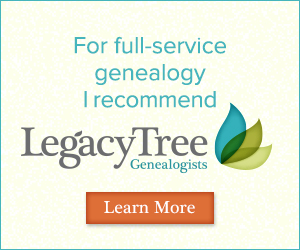
Legacy Tree Genealogists provides expert genealogy research service that works with your research goals, budget and schedule. The Legacy Tree Discovery package offers 3.5 hours of preliminary analysis and research recommendations: a great choice if you’ve hit a brick wall in your research and could use some expert guidance. GENEALOGY GEMS EXCLUSIVE OFFER: Go to www.legacytree.com/genealogygems and use coupon code GEMS100 to save $100 off your purchase of research services (expires 4/30/17).
CONVERSATIONS WITH MORE GEMS
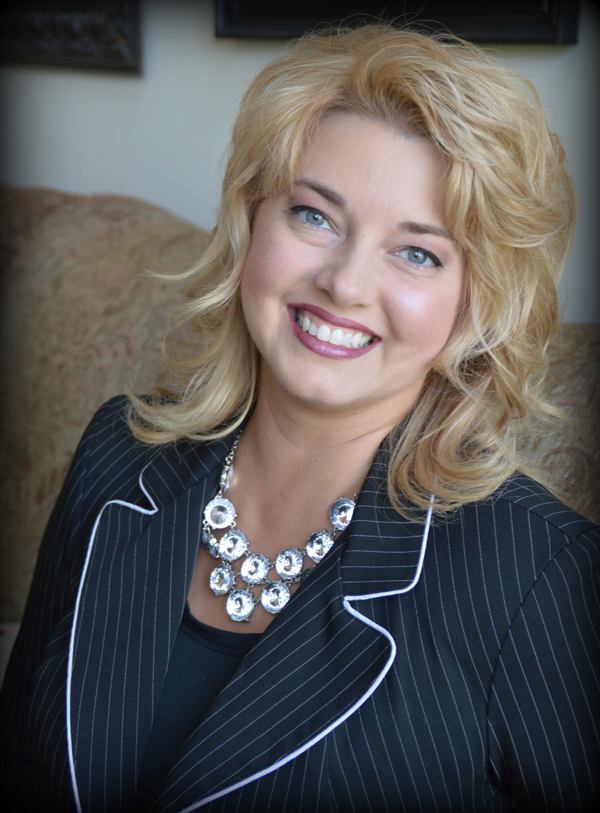
Amie Tennant
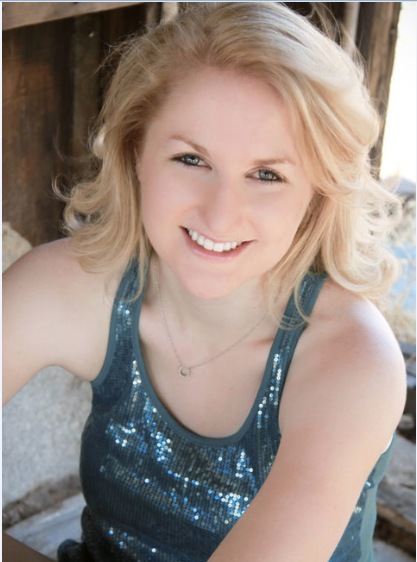
Lacey Cooke
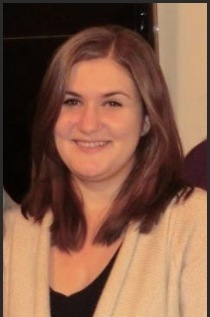
Vienna Thomas
Amie Tennant, Gems Content Contributor: see the Genealogy Gems blog
Lacey Cooke, Gems Service Manager
Vienna Thomas, Associate Producer and Audio Editor; she mentioned a favorite Genealogy Gems Book Club title and interview were with Chris Cleave, author of Everyone Brave is Forgiven
GENEALOGY GEMS BOOK CLUB
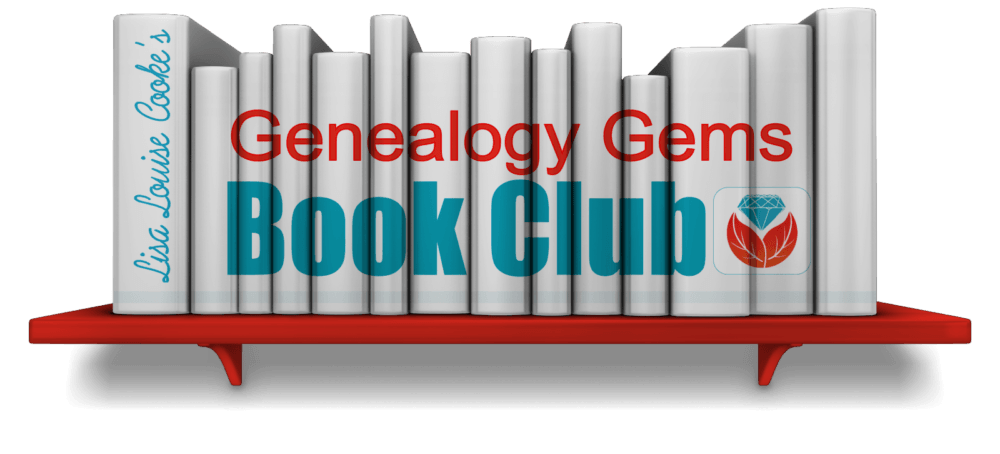
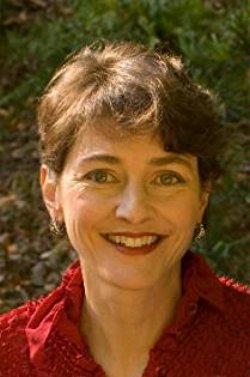
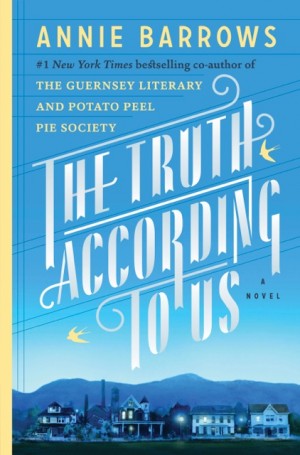
The Truth According to Us by internationally bestselling author Annie Barrows
It’s the summer of 1938, and wealthy young socialite Miss Layla Beck is now on the dole as a WPA worker, assigned to write a history of the small town of Macedonia, West Virginia. As she starts asking questions about the town’s past, she is drawn into the secrets of the family she’s staying with?and drawn to a certain handsome member of that family. She and two of those family members take turns narrating the story from different points of view, exploring the theme that historical truth, like beauty, is often in the eye of the beholder.
Click here to read an introduction to using WPA records for genealogy.
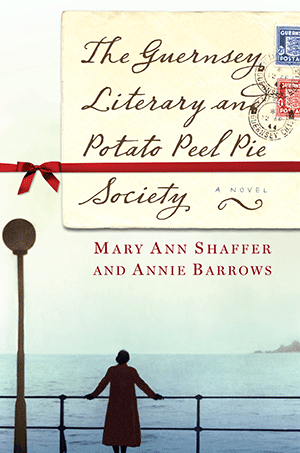
Annie Barrows is also the co-author of The Guernsey Literary and Potato Peel Pie Society. This novel takes place after World War II in a London recovering from the Blitz and an island recovering from German occupation. At the heart of Guernsey is an unlikely love story and the inspiring tale of a community that took care of each other in their darkest days with humor, compassion and good books.
Click here to see more Genealogy Gems Book Club selections and how you can listen to Lisa’s upcoming exclusive conversation with author Annie Barrows about The Truth According to Us.
Music from this episode is from the band Venice
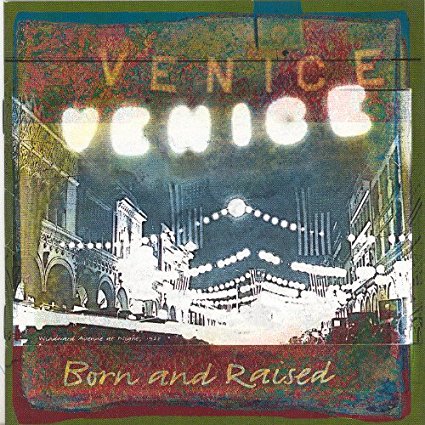
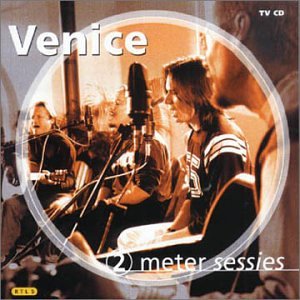
The song played at the opening was “We’re Still Here,” from the album Born and Raised.
The song played at the closing was “The Family Tree” from the album 2 Meter Sessies; click to purchase the album or download the song as a single.
FREE NEWSLETTER: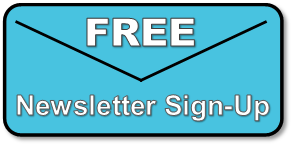
Subscribe to the Genealogy Gems newsletter to receive a free weekly e-mail newsletter, with tips, inspiration and money-saving deals.
Check out this new episode!
Disclosure: This article contains affiliate links and Genealogy Gems will be compensated if you make a purchase after clicking on these links (at no additional cost to you). Thank you for supporting Genealogy Gems!

 This little historical trivia is not so trivial if you’re wondering why your ancestor may be identified by a different race than you expected. Learn more about finding academic papers like the one quoted here in The Genealogist’s Google Toolbox by Lisa Louise Cooke. Her book shows you how to search Google Scholar for gems like this that make your family history more clear!
This little historical trivia is not so trivial if you’re wondering why your ancestor may be identified by a different race than you expected. Learn more about finding academic papers like the one quoted here in The Genealogist’s Google Toolbox by Lisa Louise Cooke. Her book shows you how to search Google Scholar for gems like this that make your family history more clear!

































